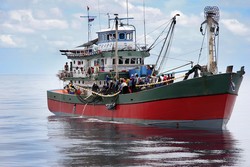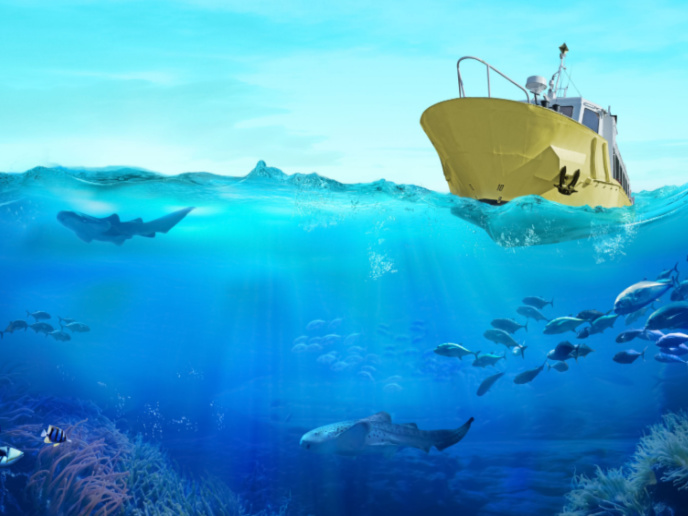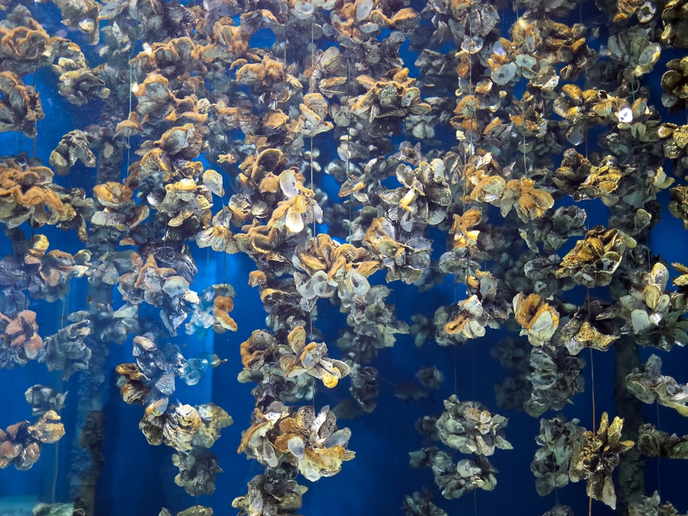Fishing and fish behaviour
Fish from overexploited stocks often become more difficult to catch. The reason may simply be declining fish numbers, but another factor may be evolutionary selection for smarter fish behaviour. The EU-funded FISH&FISHERS (The role of the behavioural interactions between fish and fishers on fisheries sustainability) project examined fish behaviour. Using various high-technology tracking systems, plus mathematical modelling methods, the team examined the predator-prey selection pressures affecting fish behaviour. For the study, humans were considered fish predators. Results indicate that the survival of individual fish depends on behaviour, and exploitation of fish resources selects for capture-avoidance behaviours. Such selection is part of a 'timidity' syndrome often observed in exploited populations, which in turn affects human behaviour. The study concluded that variability in fishing behaviour can be an important driver of selection for fish survival traits. Researchers found that catchability is a moving target, and may decline rapidly even within a single season. The conclusion negatively impacts fisheries' sustainability and profitability. The modified predator-prey relationships reduce the size of adult fish, with otherwise unknown consequences for ecosystems. The team suggested that human-induced changes to fish populations may be widespread. The consortium conducted several training activities for researchers, who benefited from the project's environment and associated network of researchers. FISH&FISHERS outcomes directly relate to several fisheries management policies. As a result, Europe may be better positioned to balance the competing demands on fisheries.
Keywords
Fishing, fish behaviour, sustainability, FISH&FISHERS, behavioural interactions, fisheries







